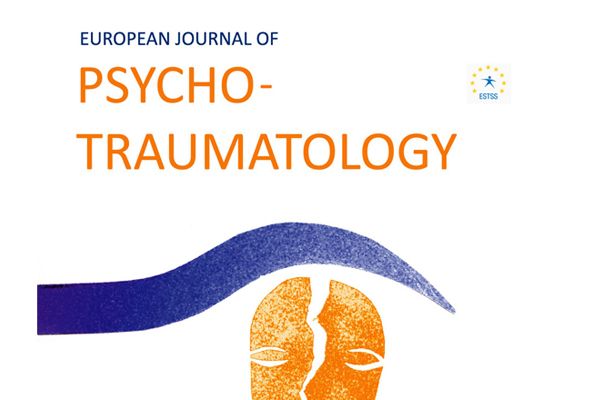8 maart 2020
European Journal of Psychotraumatology
Lorena Brenner, Volker Köllner & Rahel Bachem
https://doi.org/10.1080/20008198.2019.1694766
Background: The 11th revision of the International Classification of Diseases (WHO, 2018) includes a new chapter of stress-related disorders and presents two distinct sibling conditions: Posttraumatic stress disorder (PTSD) and complex PTSD (CPTSD). Studies show that PTSD and CPTSD are associated with different levels of symptom burden, comorbidity and functional impairment, but have not yet addressed the qualitative and quantitative differences in work-related impairment between the two diagnoses.
Objective: The aim of this study was to replicate differences in symptom severity, global distress, and the number of comorbid diagnoses between three groups that suffer from no PTSD, PTSD, or CPTSD. More importantly, we evaluated whether the three groups differ in indicators of functional impairment such as qualitative and quantitative working capacity. Finally, this study supplies information on prevalence rates of PTSD and CPTSD in a clinical sample suffering from psychosomatic complaints.
Methods: Participants were 662 patients of a Psychosomatic Rehabilitation Clinic (age M = 50.99, SD 8.99 years; 70.1% female). Self-report screening instruments were administered to participants at the beginning of their inpatient psychotherapy. Multivariate analysis of variance and Chi Square tests were utilized to assess group differences in symptom severity, comorbidity and work-related impairment.
Results: A prevalence of 13.3% CPTSD and 9.5% PTSD was found among the current sample. CPTSD was associated with heightened symptom burden and more comorbid diagnoses. More importantly, CPTSD was associated with a significantly lowered qualitative and quantitative working capacity compared to PTSD and no-PTSD.
Conclusions: The high prevalence, greater psychopathological burden and work-related impairments in CPTSD compared to PTSD highlight the need for developing and evaluating new interventions in rehabilitation that address the complexity of the new disorder.
Key Words: Complex PTSD, PTSD, ICD-11, work related impairment, functional impairment, prevalence, psychosomatic patients, rehabilitation
Keywords: Complex PTSD; PTSD; ICD-11; work related impairment; functional impairment; Prevalence; psychosomatic patients; rehabilitation
Received 19 Jan 2019, Accepted 29 Oct 2019, Published online: 27 Nov 2019

Het European Journal of Psychotraumatology (EJPT) is een peer-reviewed, interdisciplinair wetenschappelijk tijdschrift dat deel uitmaakt van de European Society for Traumatic Stress Studies (ESTSS).
Het EJPT heeft als doel om wetenschappers, behandelaren en experts te betrekken bij de belangrijkste vraagstukken rond stress en trauma, waaronder individuele gebeurtenissen, herhaalde of chronische trauma's, grootschalige rampen en geweld.

